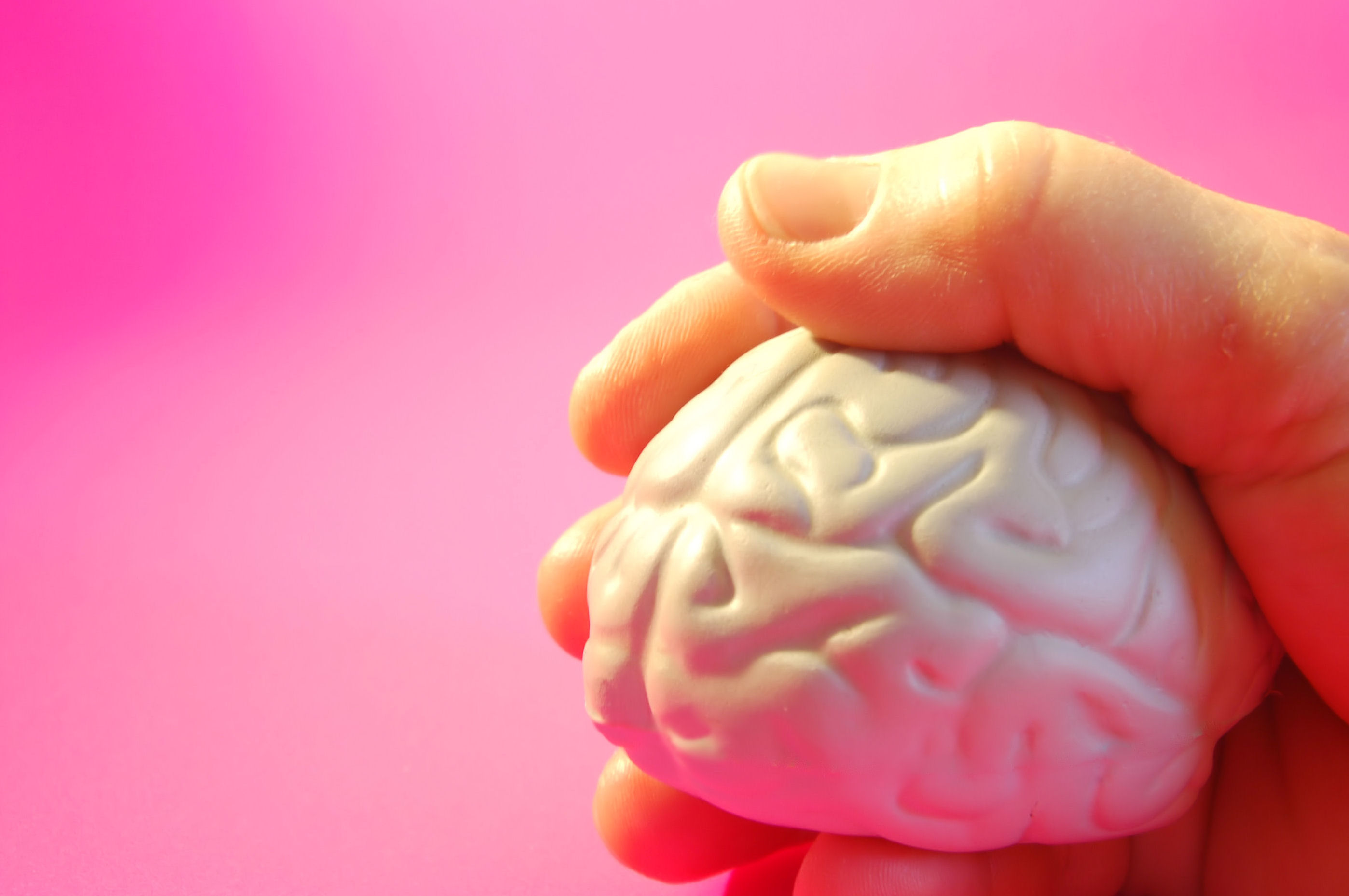
WEDNESDAY, Nov. 25 (HealthDay News) — Neurological side effects are among the potential problems faced by long-term survivors of testicular cancer who were treated with cisplatin-based chemotherapy, a new study has found.
The study included 1,409 Norwegian men treated for unilateral testicular cancer between 1980 and 1994 who took part in a follow-up survey conducted from 1998 to 2002.
The researchers found that between four and 21 years after the start of treatment, men who’d received any chemotherapy had a statistically significantly higher risk for more severe side effects, including sensory neuropathy, tinnitus, hearing impairment and a discoloration of the hands or feet when exposed to cold (known as Raynaud-like phenomena), than those who didn’t have chemotherapy.
“A major aim in the treatment of testicular cancer is to minimize toxic effects without compromising the high cure rate,” wrote Dr. Marianne Brydoy, of the oncology department at Haukeland University Hospital in Bergen, Norway, and colleagues. “Our data favor the use of chemotherapy regimens that contain 20 milligrams per square meter of cisplatin per day to limit ototoxicity.”
The study was published online Nov. 25 in the Journal of the National Cancer Institute.
More information
The American Cancer Society has more about testicular cancer treatment.

